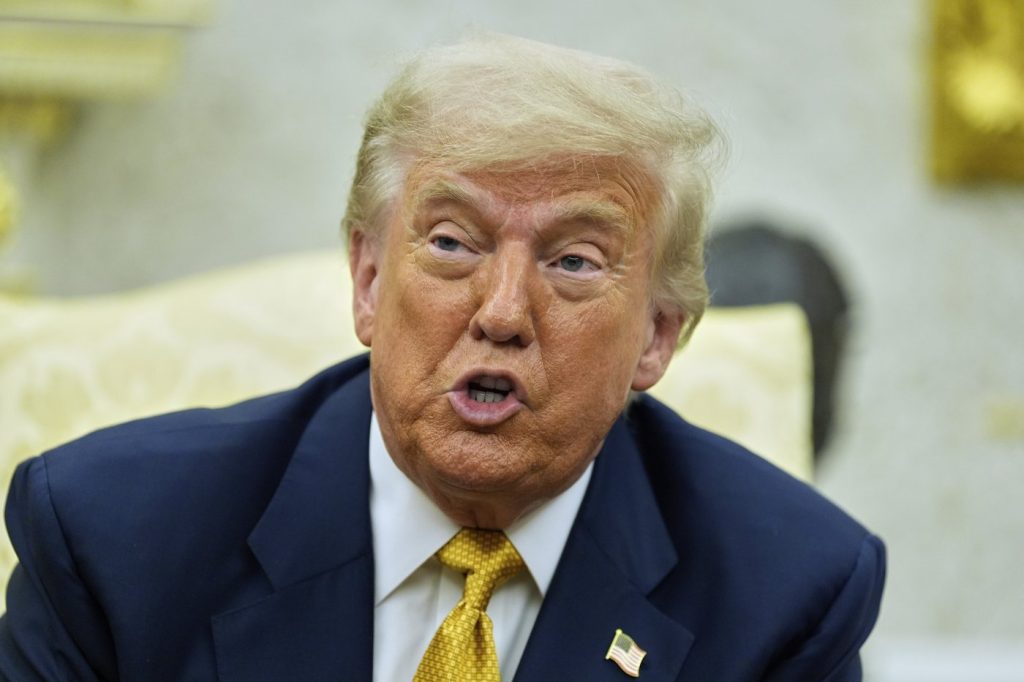On a significant day for the cryptocurrency industry, President Donald Trump is set to sign into law a pivotal piece of legislation known as the GENIUS Act. This act introduces a new regulatory framework for stablecoins, which are a type of cryptocurrency designed to maintain a stable value by being pegged to a reliable asset, such as the U.S. dollar. The primary aim of these regulations is to establish initial guardrails and consumer protections within the burgeoning crypto sector.
The GENIUS Act has garnered substantial support, passing both the House and Senate with overwhelming bipartisan majorities. This legislative milestone is anticipated to enhance consumer confidence in a rapidly evolving financial landscape that many view as potentially transformative. Trump's administration is promoting a vision in which the United States positions itself as the "crypto capital of the world," reflecting a strategic push towards legitimizing the cryptocurrency market.
In a statement released on his social media platform prior to the bill signing, Trump expressed his satisfaction with the legislative achievements, highlighting the effectiveness of his administration. He congratulated Republican lawmakers for their success, describing it as a remarkable accomplishment within a short timeframe. This reflects the administration’s agenda to operate on the cutting edge of financial technology and innovation.
In addition to the GENIUS Act, the House of Representatives also passed two other noteworthy bills aimed at solidifying the regulatory framework for cryptocurrency. One of these bills proposes the creation of a new market structure specifically designed for cryptocurrency transactions and exchanges. The other bill takes a firmer stance by preventing the Federal Reserve from issuing its own digital currency, which could potentially compete with private cryptocurrencies.
These legislative efforts underscore a growing recognition among lawmakers of the importance of establishing clear regulations in the cryptocurrency space. As the industry continues to mature, there is an increasing desire to provide a stable environment that safeguards consumers while fostering innovation and growth. Policymakers are attempting to balance the need for regulation with the desire to encourage technological advancements that could benefit the economy.
This flurry of legislative activity indicates a heightened focus on the cryptocurrency market, which has seen an explosive growth in recent years. Policymakers are aware that an unregulated environment could lead to issues such as fraud and instability, which could undermine public trust in digital currencies. Thus, the regulations introduced by the GENIUS Act are seen as a necessary step towards fostering a safe and sound marketplace for both investors and consumers.
As the Senate prepares to review the additional bills passed by the House, the outcome will be closely watched by stakeholders within the cryptocurrency realm. The ongoing discussions around regulations will likely shape the future landscape of cryptocurrency in the United States, affecting how businesses operate and how consumers engage with digital assets.
The implementation of such frameworks is crucial as it sets the stage for further innovation while ensuring that there are protections in place for users. As interest in cryptocurrencies continues to grow, it remains imperative that lawmakers and regulators adapt to the rapid changes in the industry to maintain a secure and robust financial ecosystem.











